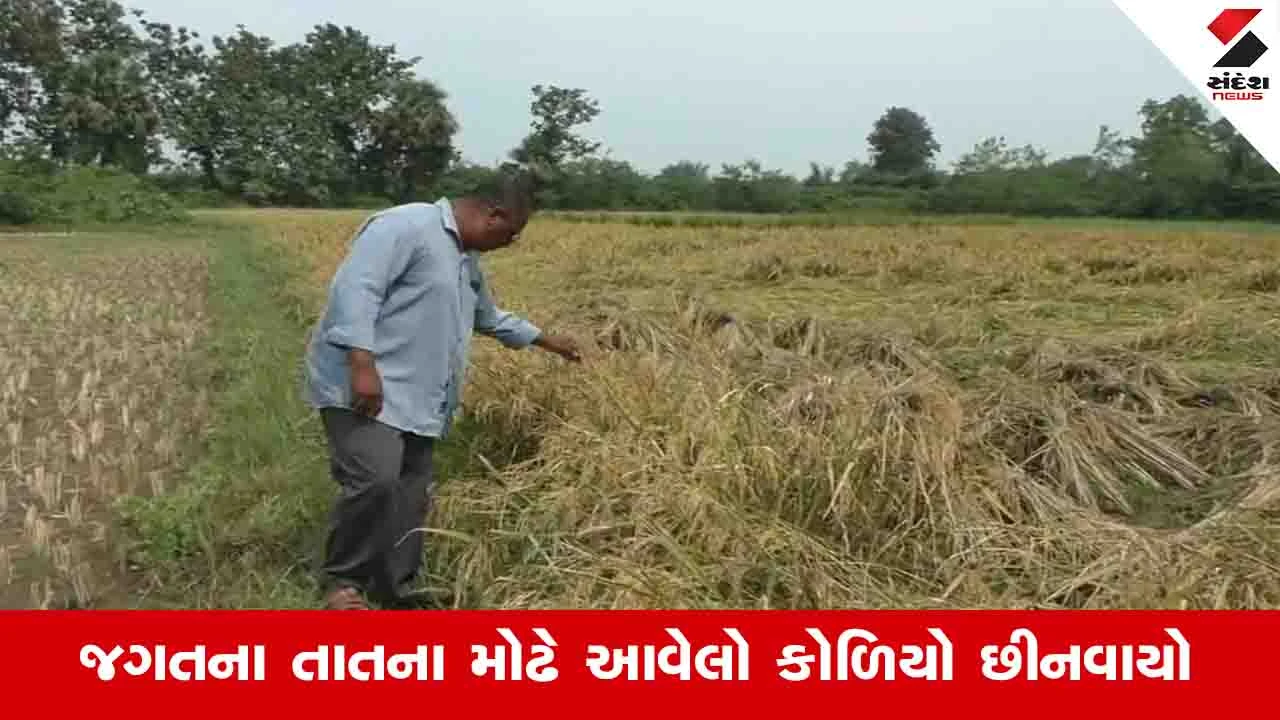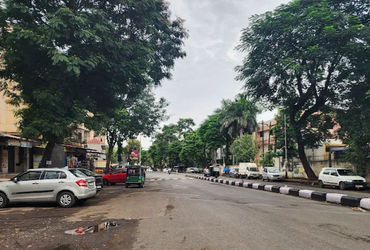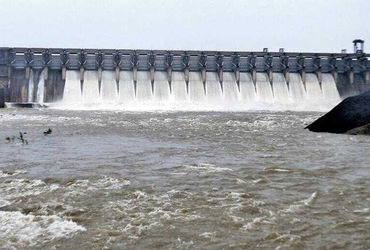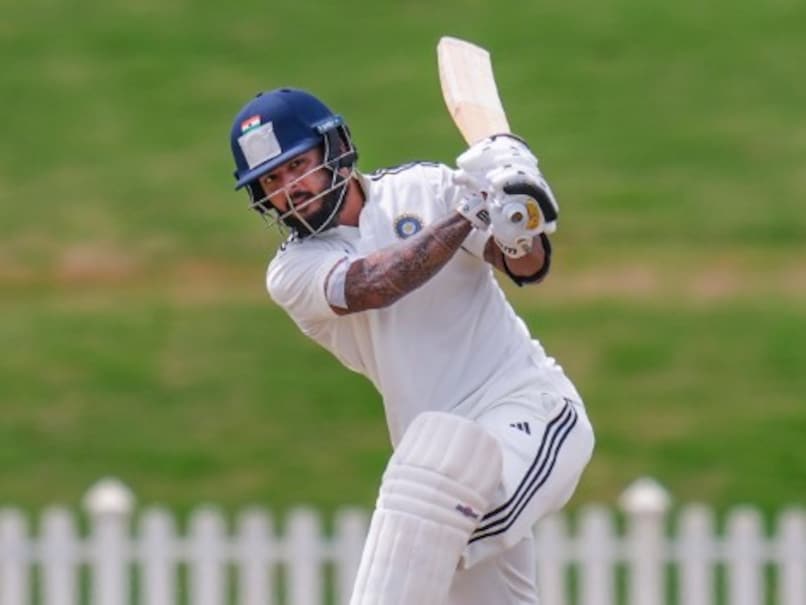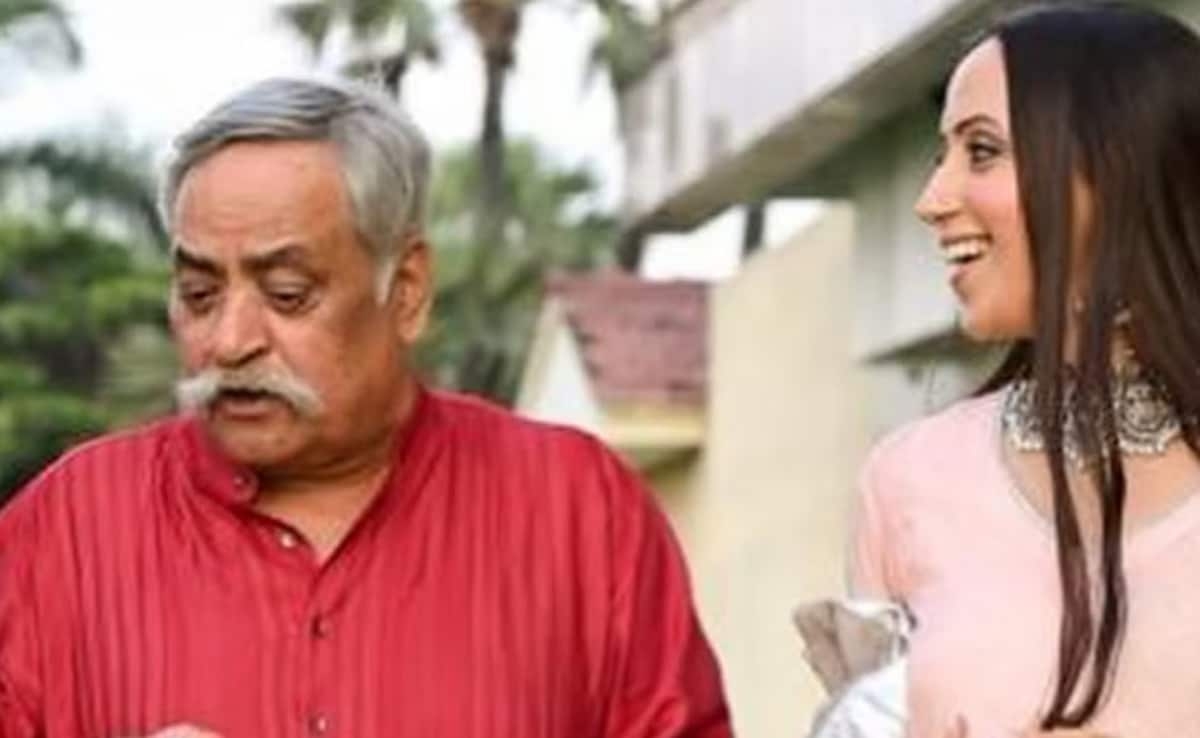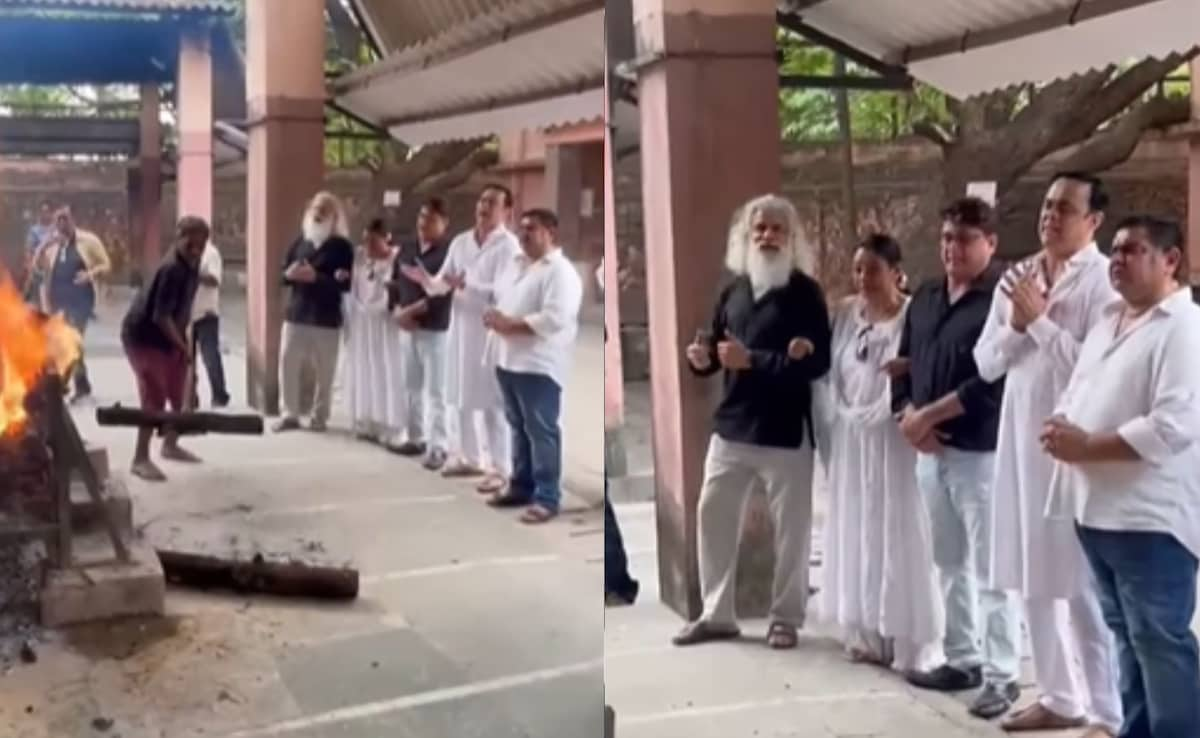In Kerala’s Attappadi, ecological destruction and land loss has affected the health of Adivasis

Join our WhatsApp Community to receive travel deals, free stays, and special offers!
- Join Now -
Join our WhatsApp Community to receive travel deals, free stays, and special offers!
- Join Now -

When asked how she was doing during her second pregnancy, Neethu, 24, told us she felt worried and cautious. “The doctor said the baby is in a sensitive state,” said Neethu who is from the Irula community in Attappadi in Kerala, India, which lies in the biodiversity hotspot of the Western Ghats mountain range.
Neethu’s first child did not survive beyond a few weeks after birth. Between 2012 and 2021 there were 136 officially reported infant deaths in Attappadi (the actual number is expected to be much higher), where Adivasis (Indigenous people) make up an estimated 43% of the population. This is considered high in a state which has the lowest infant death rates in the country.
Although these deaths had a variety of causes, malnutrition is a well documented problem among Indigenous people in this region. And malnutrition more generally is known to contribute to infant mortality by affecting the health of pregnant or breastfeeding mothers and their children.
The Adivasi families we have spoken to in Attapadi firmly believe that these are avoidable deaths. And our research into long-term changes in Attappadi’s landscape confirmed that the loss of land owned by Adivasis has eroded traditional sources of nutrition.
The state government has responded to the issue of infant mortality and malnutrition through an extension of health and agriculture projects. The “tribal...
Read more
What's Your Reaction?
 Like
0
Like
0
 Dislike
0
Dislike
0
 Love
0
Love
0
 Funny
0
Funny
0
 Angry
0
Angry
0
 Sad
0
Sad
0
 Wow
0
Wow
0



